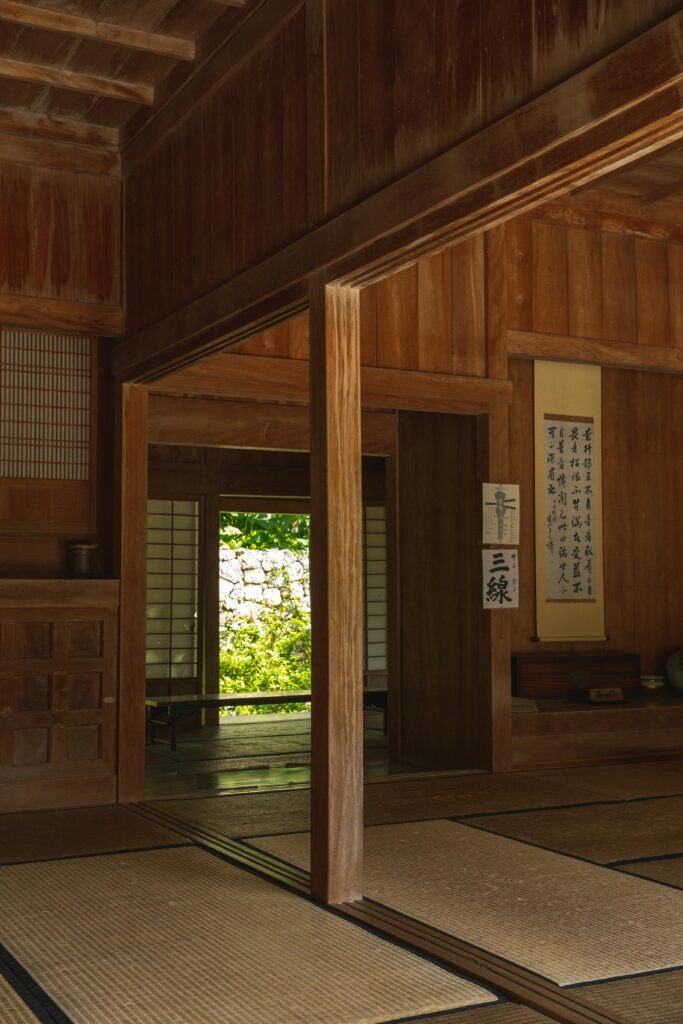House hunting anywhere in the world is a challenge. Finding a place that checks all the boxes can sometimes feel impossible. Even when you do find somewhere you like, you need to act fast before someone else takes it and then navigate the bureaucracy before finally getting the keys. Japan is no exception, and for internationals, the process can come with additional hurdles—but once you make it through, you’ll feel like you can handle anything!
I recently went through the entire process myself, and it practically became a part-time job. In this article, I’ll share my experiences in the hope that it makes your search a little easier.
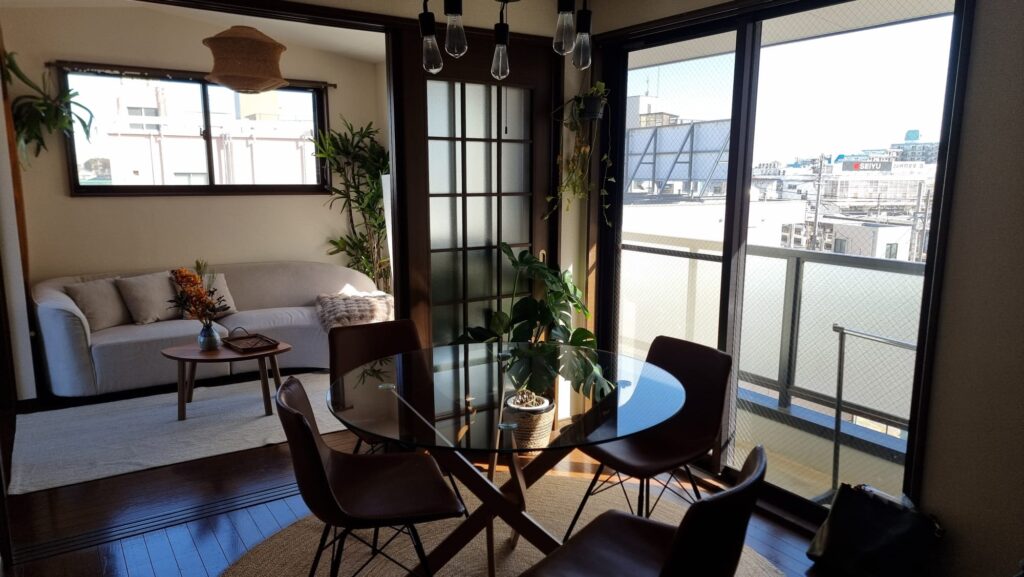
Is Tokyo a cheap city to live in?
Compared to other major cities like London, New York, Sydney, or Paris, Tokyo’s rental prices are fairly reasonable. Several factors contribute to this, including a steady supply of housing, excellent public transportation that allows people to live farther from work, and continuous new condo developments around train stations, increasing the number of accessible living options.
That said, while Tokyo’s rent is low compared to many global cities, it remains the most expensive place to live in Japan. At the time of writing, the yen is weak, making rent seem cheap in U.S. dollars, but for those earning in yen, it doesn’t necessarily feel like a bargain.
In 2024, the average monthly salary in Tokyo was just over ¥570,000 ($3,500 USD)*. If you’re coming to work as an English teacher, expect something closer to ¥250,000–¥300,000 ($1,600–$1,900). The average rent for a studio apartment is around ¥90,000 ($579), while a family home can cost more than double that.
The first step is setting a budget. Decide on a comfortable price range and determine what would justify exceeding it. Would a shorter commute save you enough on transportation to be worth it? Does an apartment have insulation and double glazing to lower utility costs? These factors matter, but it’s also crucial to set a firm upper limit—otherwise, it’s easy to get carried away. (Trust me, I nearly blew my budget on a place I was really excited about.)
Still, Tokyo’s rental market isn’t as extreme as some others. When I rented in London (in a rather dodgy part of the city), I paid £475 to sleep in a child’s bunk bed in a room so small it could barely fit anything else! Now, in Tokyo, I pay about the same—actually, half, since I share with my partner—for a spacious one-bedroom top-floor apartment with huge balconies. I know which one I prefer.
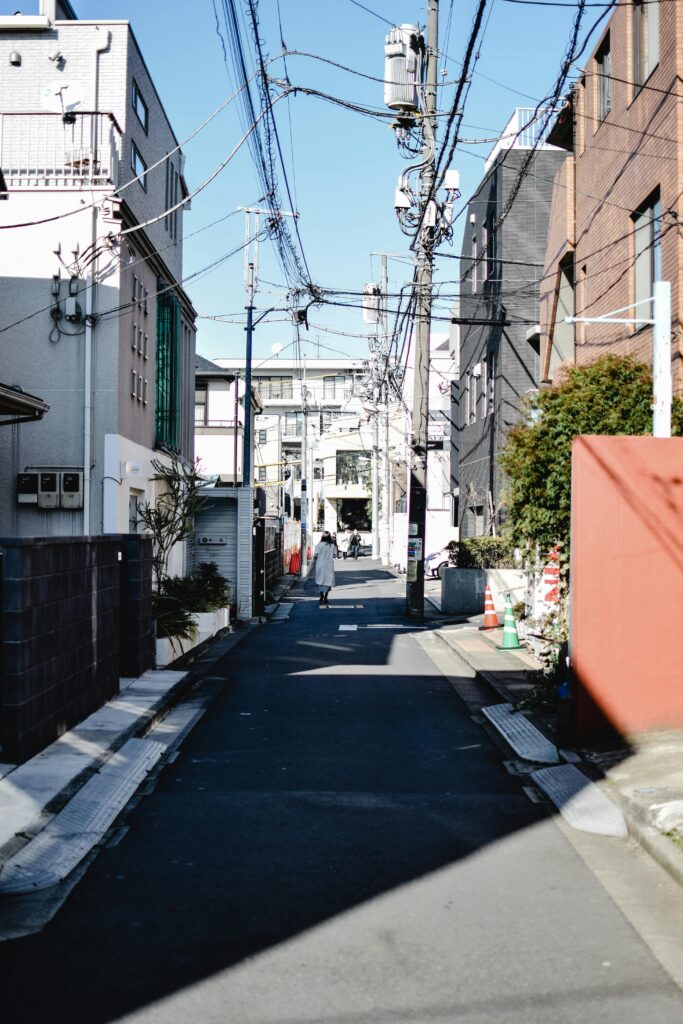
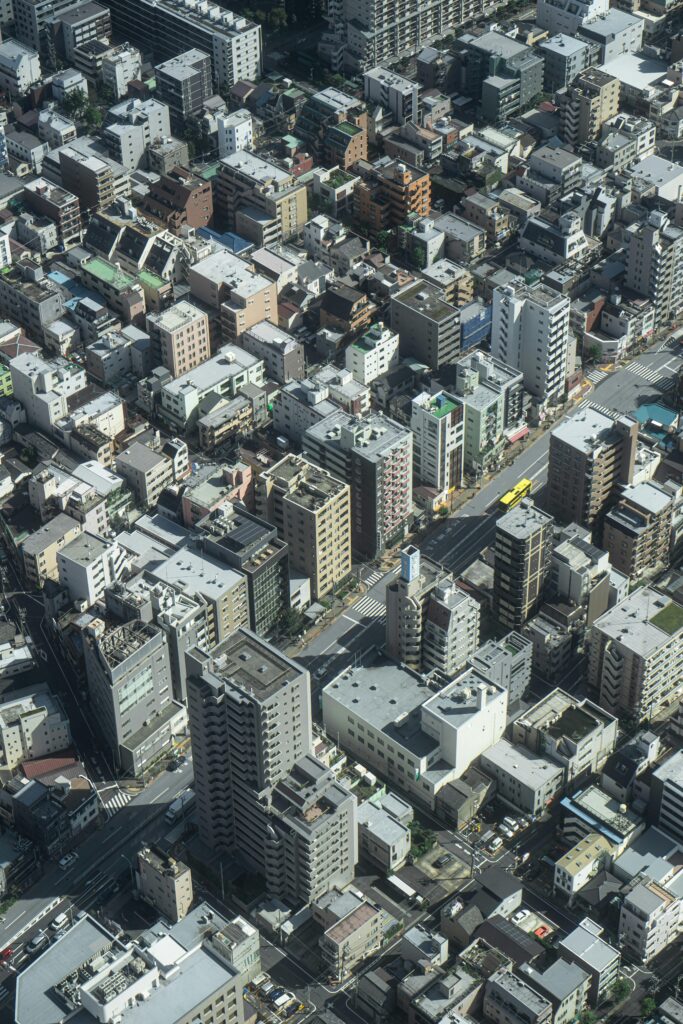
Choosing the right location for you: Balancing convenience, budget, and lifestyle
With a budget set, the next step is choosing a location. How close do you want to be to work? Do you prioritize convenience, or would you trade that for a quieter, more affordable area farther out?
From the retro Edo charm of Jimbocho to the upscale suburbs of Meguro and Setagaya, or the vibrant energy of Shibuya and Shinjuku, consider what fits your lifestyle best. Naturally, the more central you are, the higher the cost—but that doesn’t mean good deals don’t exist. Even if you live farther from work, Tokyo’s excellent transportation network can make commuting surprisingly easy. Taking all this into account, we found a place just five minutes by train from my partner’s office and under 20 minutes from Shinjuku.
If you’re in Tokyo while searching, take the time to explore neighborhoods in person. My partner and I would arrive early or stay after house viewings to check out the area, visit nearby shops, assess station accessibility, and get a feel for the community. If you’re searching from abroad, Google Maps’ Street View can help you at least get a rough sense of the surroundings.
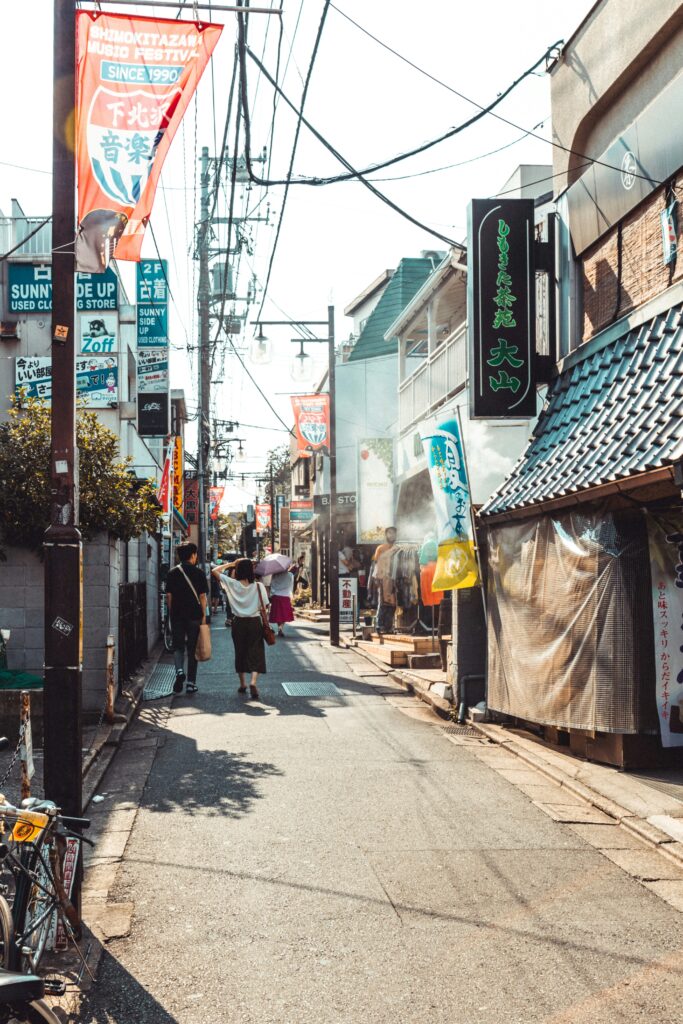
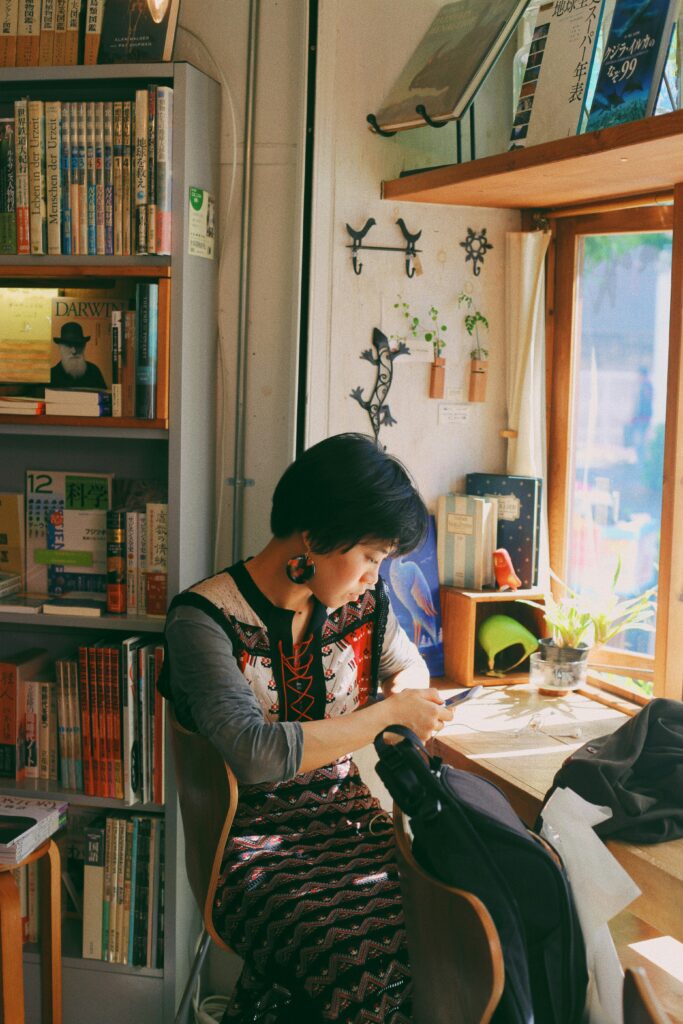
Agencies and platforms that helped me in my search
Now, onto the search itself. With countless rental agencies in Japan, it can feel overwhelming. Here are some I used, along with their pros and cons.
International-friendly agencies
E-Housing
A bilingual agency with a user-friendly English website and well-located, stylish properties. However, they tend to be on the pricier side. For our budget, they only had small studios, so we ultimately found a better deal through a Japanese site.
UR Housing
Although UR’s website is in Japanese, its properties are company-owned rather than individually managed, making them a more inclusive option for internationals, as some landlords may have biases against non-Japanese tenants. Additionally, the initial costs are often lower than those of other rental properties.
Apts.jp
An English-friendly site that caters to internationals, though some listings require at least N3-level Japanese proficiency. The interface is designed with English speakers in mind, and their staff assists throughout the process.
For those with a bigger budget, Ken Corporation and Blackship Realty specialize in luxury rentals.


Large property search sites
GaijinPot Apartments
A go-to for internationals searching in Tokyo. The site has a large selection, though some listings lack interior photos, only showing the exterior and floor plan. Another drawback is that searches are limited to one city at a time, rather than multiple areas at once.
Suumo
Japan’s largest real estate site. Though in Japanese, translating the page is worthwhile since it offers precise search filters and allows you to compare multiple areas simultaneously.
Lifull Homes
Another Japanese site with a vast selection—this is actually where I found my apartment. Funnily enough, I initially overlooked it—it popped up in the ‘already seen’ section, and out of curiosity, I clicked on it again. I couldn’t believe I had missed it! This just goes to show that sometimes it’s worth revisiting sites—not only to check for new listings but also to make sure you haven’t missed a gem.
Goodroom
Recommended by another expat, Goodroom has high-quality photos and a well-designed Japanese interface. It specializes in stylish properties and even has its own in-house agency, TOMOS.
Design-focused agencies
If aesthetics matter to you, several sites feature unique and designer properties. They’re easier—and more enjoyable, at least for visually minded people like me—to browse than the big platforms:
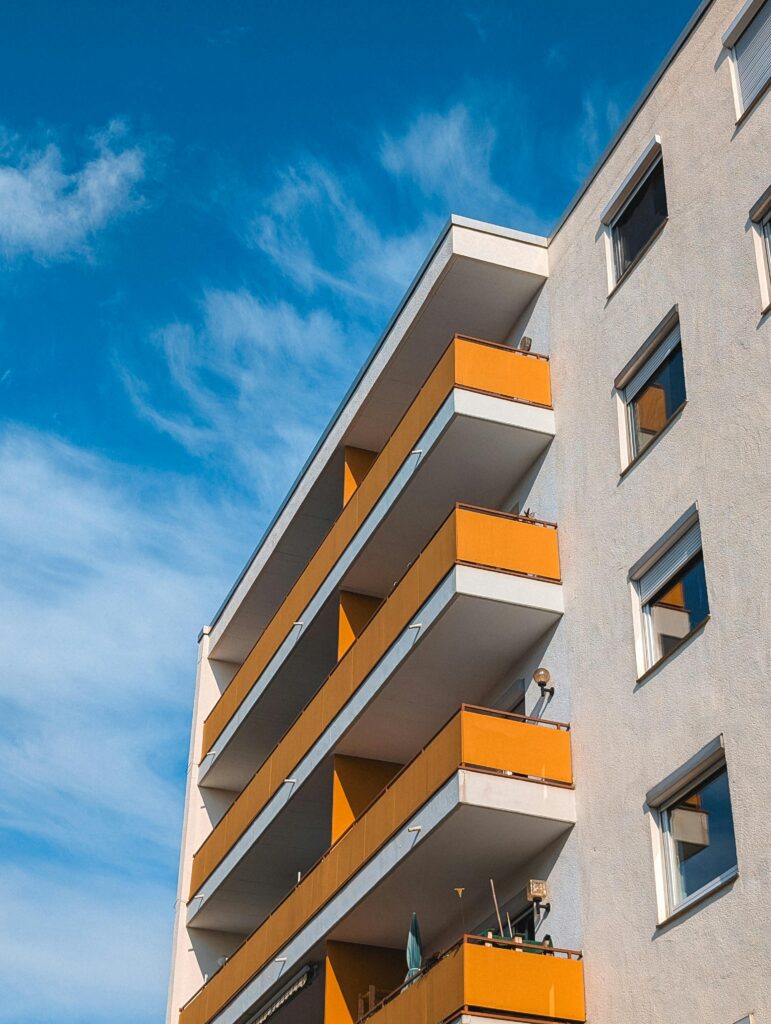
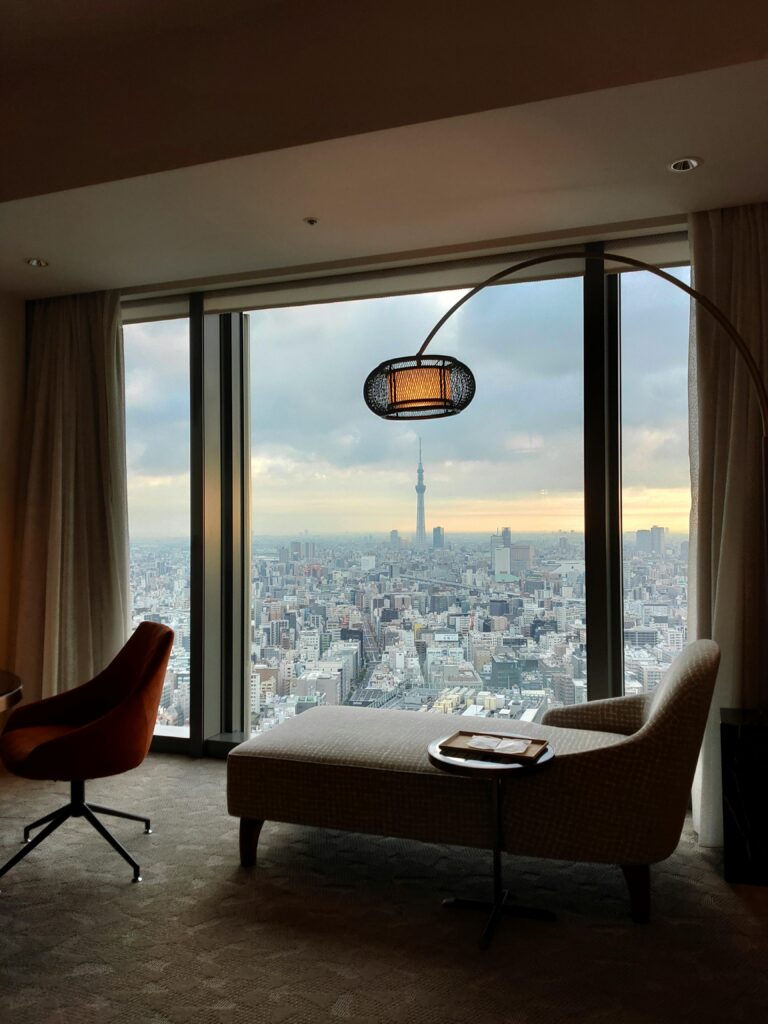
Key features of Japanese apartments
Japanese apartments often differ from Western ones. Some key things to note:
- Genkan (entryway): A small space where you remove shoes before stepping inside.
- Compact kitchens: Many Japanese kitchens are tiny, often with just one burner, since eating out is so common.
- Post-1981 construction: Try to choose properties built after 1981, when modern earthquake regulations became mandatory.
- Thin walls: Japanese buildings use different materials than Western ones, and noise insulation can be poor. I got lucky—my apartment is on the top floor with no direct neighbors, so sound isn’t an issue.
- Double-glazed windows: Few Japanese apartments have them—mine doesn’t—and it makes both summer and winter more challenging. Without them, I rely on the air conditioner to heat and cool my home, which means higher electricity bills.
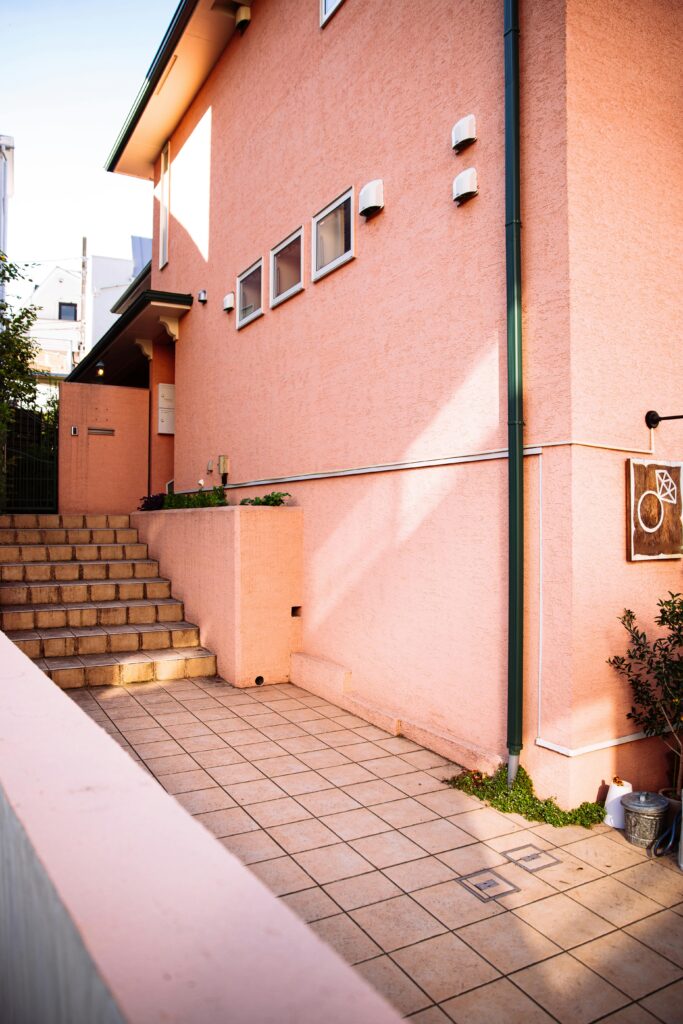
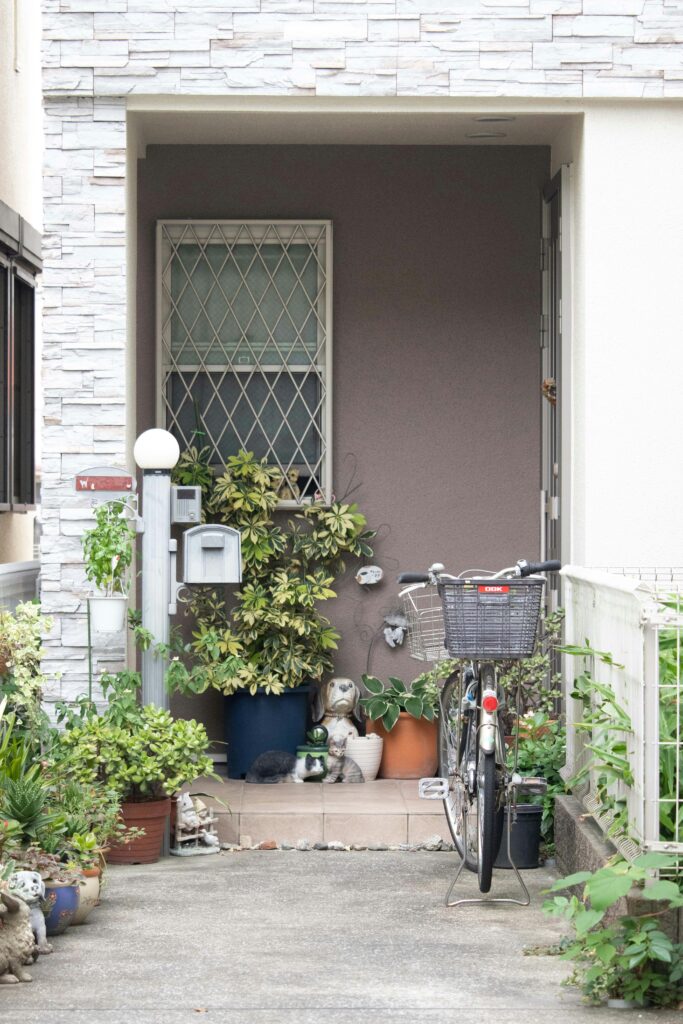
Language barriers in the rental process: Tips for effective communication
Once you find a place you like, contact the agent. Some websites act as agents, while others simply list properties with the agent’s contact information. Unless you’re working with an English-speaking agency, expect to communicate in Japanese. For phone calls, try to get a translator. For emails, tools like ChatGPT and DeepL can help.
Knowing Japanese will make the process significantly smoother. If your language skills are limited, your options may be too—unless you have a translator. My own Japanese is conversational, but at times it felt like my fluency was being tested as much as my rental eligibility! When needed, I relied on Google Translate to convert speech to text and vice versa. We also used the camera tool to translate legal documents.
We were lucky—the agent handling our property was MiniMini, a company recommended by a coworker. They didn’t speak English, but they were incredibly accommodating—happy to communicate through a translation app and patient enough to let us go through the lease agreement bit by bit.
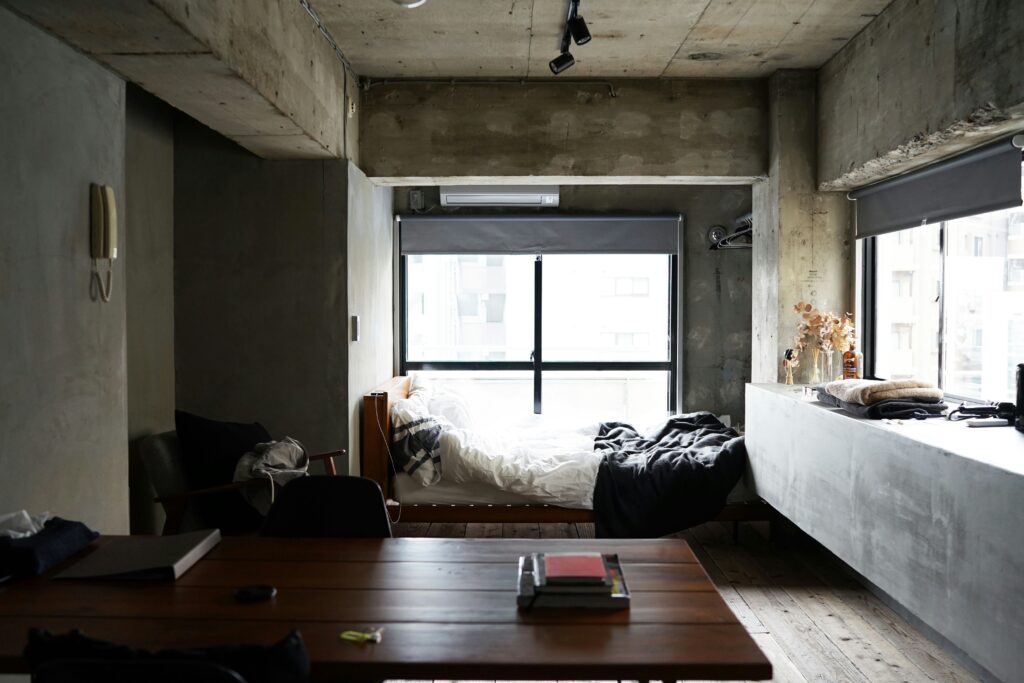
Found your dream home? Act fast
Once you’ve found a place, contacted the agent, and confirmed everything meets your expectations, act fast. If it feels right, don’t hesitate. The rental market in Japan moves quickly—we lost out on several places simply because they were taken before we could even schedule a viewing. When we found the apartment we now live in, we requested the paperwork, filled it out within hours of the viewing, and emailed it back to the agent.
In Japan, rentals are often first come, first served. There’s really no option for bargaining—being the first to submit an application is key. That said, landlords still have the final say, and if something in your application doesn’t sit right with them, they can choose to pass on it.
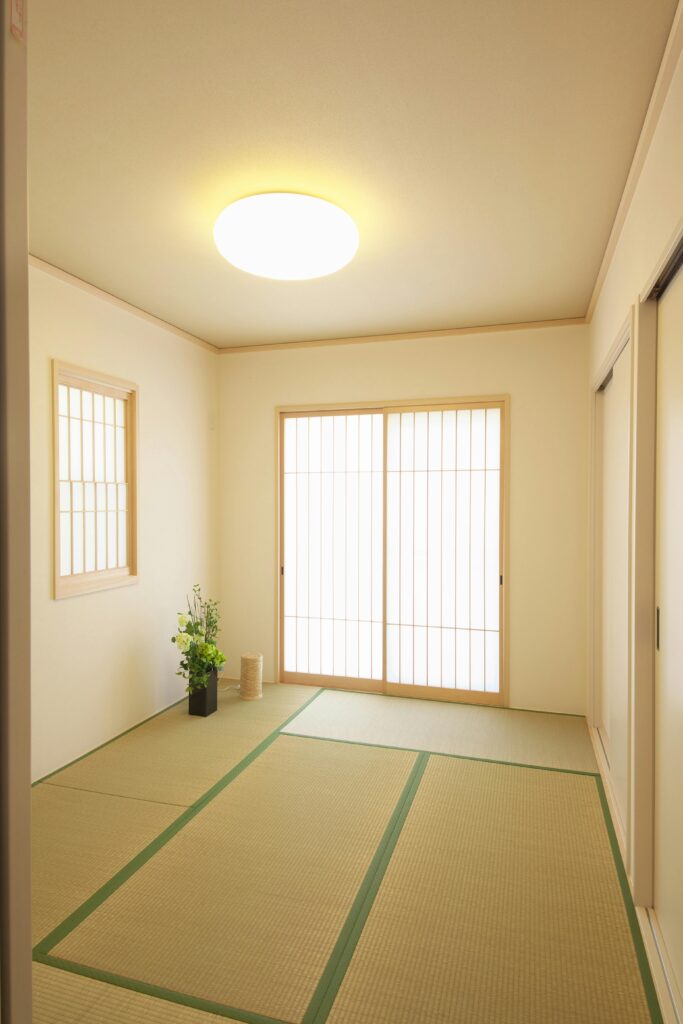
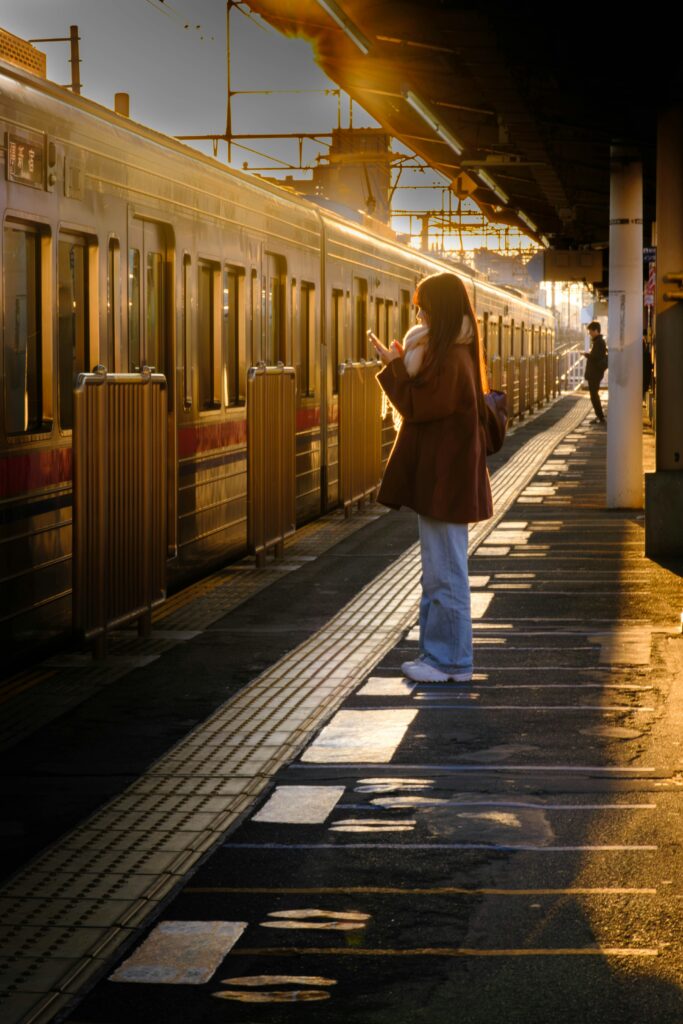
The reality of house hunting as an international or LGBTQ+ couple in Japan
Finding the right home takes patience. We had a few disheartening moments, especially when we were turned away simply for being non-Japanese applicants. Unfortunately, this is still a common experience for internationals in Japan, and in a city as global as Tokyo, it can feel particularly discouraging. While I tried addressing the issue with agents, they could only apologize and say it was out of their hands.
LGBTQ+ couples may face additional challenges. Many landlords don’t allow “friends” to live together, and same-sex couples are often classified as such rather than recognized as partners. A couple I know encountered this issue when trying to move in together, but after some searching, they found an agent who was supportive and helped them secure an apartment. There are some LGBTQ+-friendly agencies in Japan.
If you’re moving to Japan, these are challenges you may encounter. I don’t accept them, and I truly hope for legislative change, but for now, they’re part of the reality you may have to navigate.
Final thoughts
Overall, I’m thrilled with my current home. Yes, it’s a little cold right now, and as I type this, my fingers are freezing up, but my partner and I have created a space that is beautiful, comfortable, and has almost everything we want (except double glazing)!
Going through this process has also helped us understand what we’d want in a future home (a bigger bathroom and kitchen, for starters). But ultimately, all the effort was worth it, and this place is more than we could have hoped for.
For anyone preparing to move here, I hope these tips help you find your dream home. Of course, this isn’t a complete guide to Japan’s real estate market, but hopefully, it’s a good starting point.
All I can say is, “good luck and happy house hunting!”
* This information was accurate at the time of writing but may change over time. Please do your own research to check current rates.
